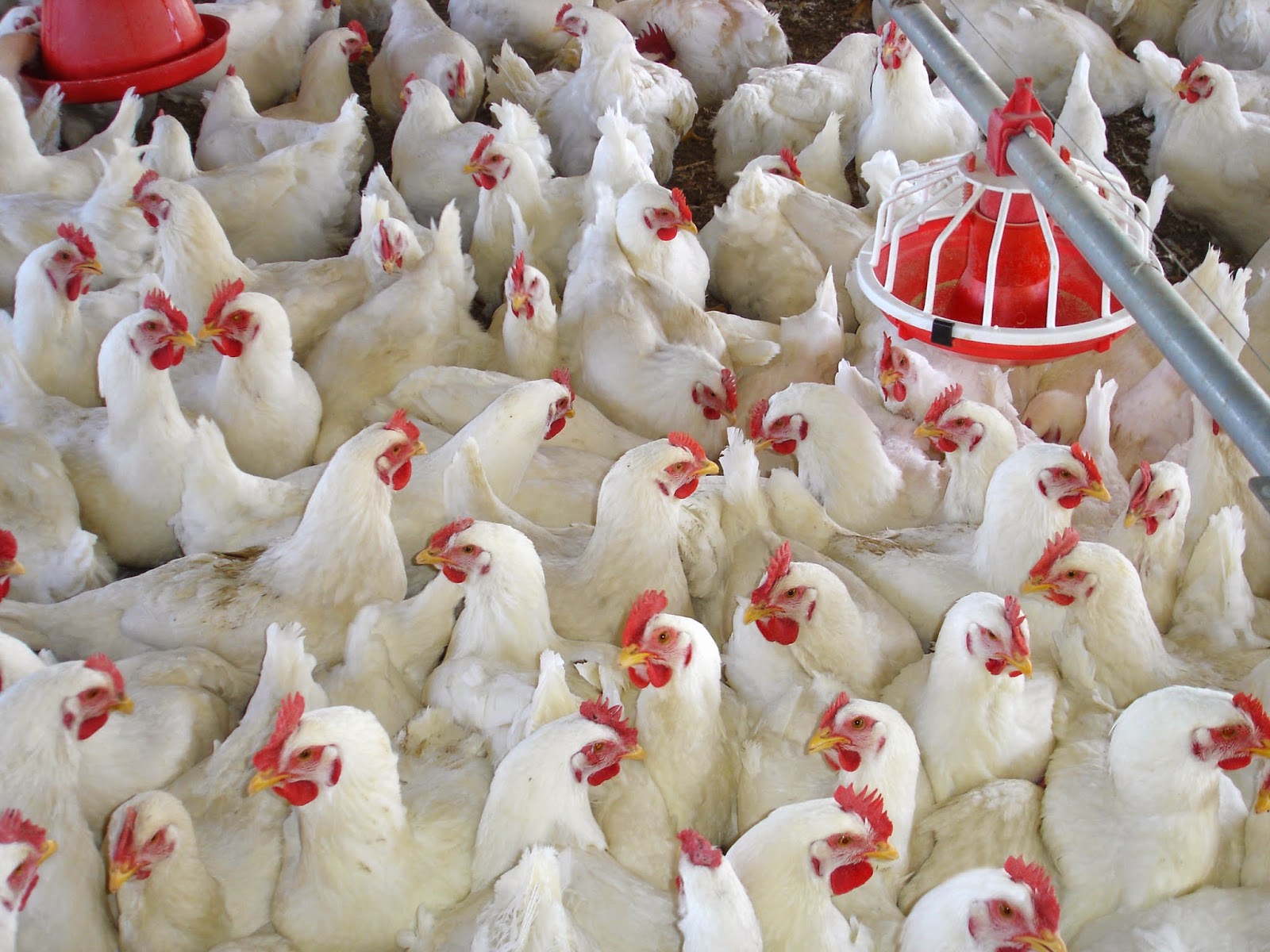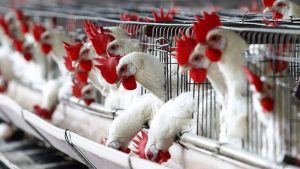The project is to establish a farm for raising and selling broiler chickens, where the company skins and packages poultry by raising chicks to produce and sell frozen chicken.

It is a farm for raising and selling broiler chickens, where the company skins and packages poultry by raising chicks to produce and sell frozen chickens on a plot of land of twenty (20) acres in the first phase and on a required plot of land of fifty-five (55) acres in the subsequent phase, where the project begins by raising (520) thousand chicks so that the expected production is (500,000) five hundred thousand broiler chickens at about 1.3 kg per chicken (live chicken) – after an expected mortality rate of about 4% – in the first year and rises to about one million and forty thousand chicks, so that the expected production from raising is one million broiler chickens in addition to the quantities of broiler chickens ready for slaughter in the second year of establishing the project with the presence of a complete unit for slaughtering, preparing, cooling and freezing broiler chickens inside the farm, and the project targets many sectors such as the refrigeration and freezing refrigerators sector, the individual sector, the poultry shops sector, supermarkets, hypermarkets, hotels, furnished apartments, hospitals, clinics and other sectors. The project aims to meet the growing needs of the local market for white meat, create job opportunities for young people, contribute to meeting the increasing demand for white meat, raise the technical efficiency of workers in the field of poultry farming, and maintain a competitive price level that enables the project to obtain its target share.




The Kingdom of Saudi Arabia has given significant importance to the agricultural sector over the past five years, particularly following the launch of Vision 2030. Through this initiative, Saudi Arabia aimed to capitalize on available opportunities and resources to build a strong and sustainable economy.
As a result of its continuous efforts, the agricultural landscape has expanded, crop production has increased, and the number of livestock and fish yields have risen. This progress has contributed to enhancing food security and meeting the nutritional needs of citizens.
Because “Mashroo3k “, a consultancy firm specializing in economic advisory and market research, values keeping its clients informed about key industry trends, it presents here some relevant data. These insights serve as a valuable guide for those interested in investing in this vital sector.
